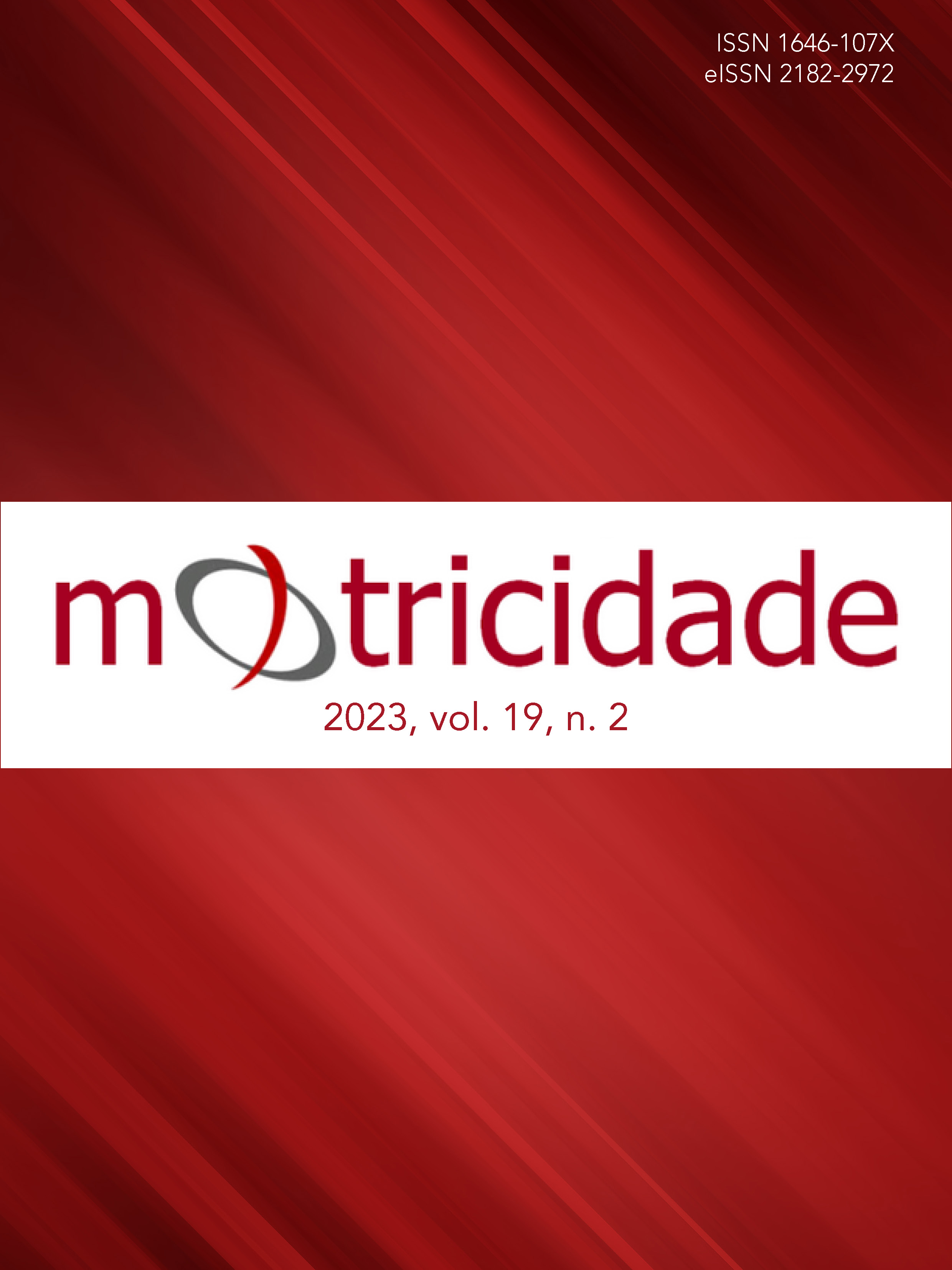Sports Management in Local Authorities: a conceptual analysis of Municipal Sports Companies
DOI:
https://doi.org/10.6063/motricidade.28309Keywords:
Sports Management, Local Authorities, Municipal Sport Companies, Sports DevelopmentAbstract
The research focuses on the characterization of municipal sports companies in Portugal, aiming to identify the temporal constitution, territorial distribution and impact on the population. Methodologically, mixed methods were used in the interpretation and documental analysis, subsequently applying descriptive statistical techniques in the treatment of data and the sample was selected (n=18) based on the universe constituted by the 2021 List of Local Companies (n=173). The results show that most municipal sports companies are located in the northern region of the country (56%), their main area of activity is the management of sports facilities (89%), and they were mainly formed between 1992 and 2006, mostly between 1999 and 2002 (67%) covering 6% of Portuguese municipalities, 8% of municipal councils, and 18% of the total population. Considering the scientific knowledge in this area, research shows a decrease of this type of organization over the last decades, essentially due to the cession of activity, change of economic activity code or greater specification of the categories of municipal companies. Their implementation is small and territorially concentrated, including 11 districts, 18 municipalities, 249 parishes, corresponding to 6% of the territory and with a direct impact on approximately 2 million citizens.
Downloads
Published
Issue
Section
License
The authors of submitted manuscripts must transfer the full copyright to Journal Motricidade / Sílabas Didáticas Editions. Granting copyright permission allows the publication and dissemination of the article in printed or electronic formats, and copyrights start at the moment the manuscript is accepted for publication. It also allows Journal Motricidade to use and commercialise the article in terms of licensing, lending or selling its content to indexation/abstracts databases and other entities.
According to the terms of the Creative Commons licence, authors may reproduce a reasonable number of copies for personal or professional purposes, but without any economic gain. SHERPA/RoMEO allows authors to post a final digital copy (post-printing version) of the article on their websites or on their institutions' scientific repository.


